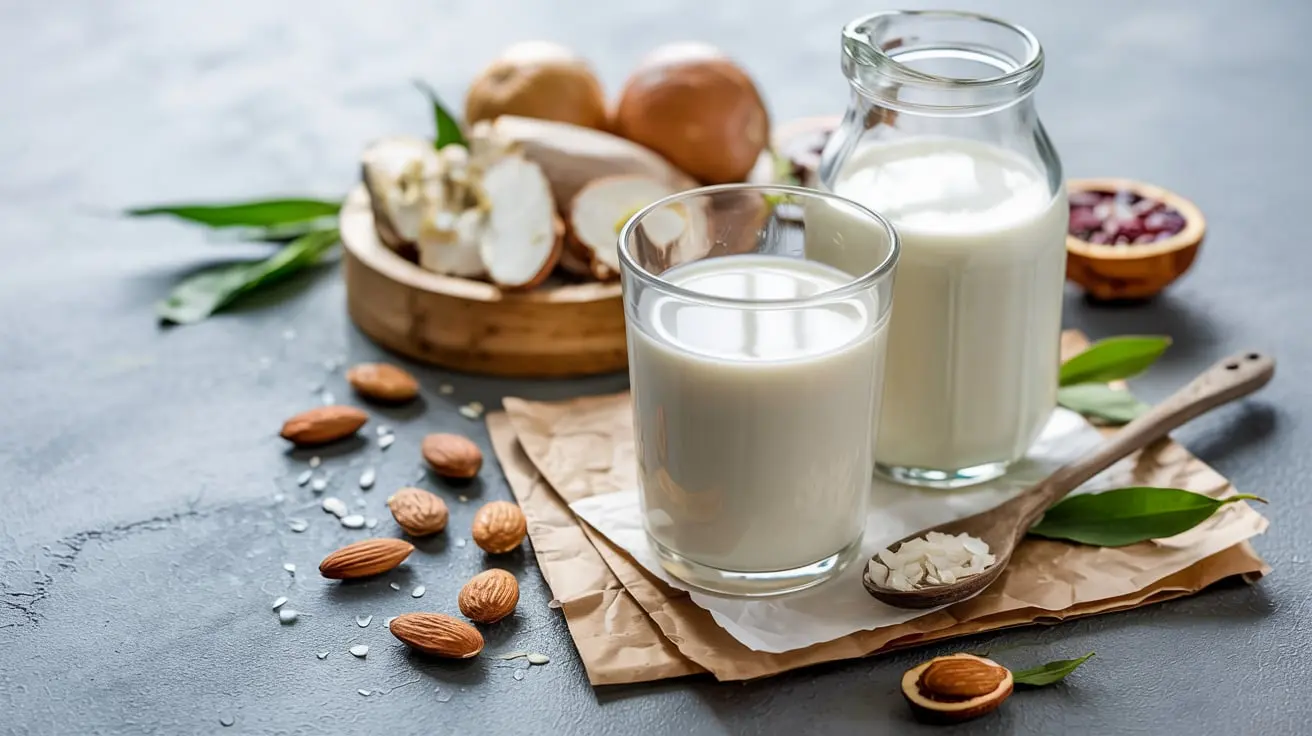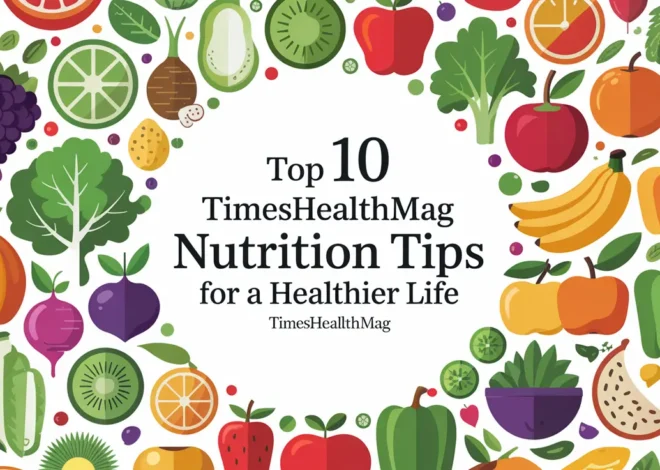
Silk Almond Milk Nutrition and Hormonal Balance: What to Know
Hormones regulate everything—energy, mood, sleep, weight, and reproductive health. What you eat affects them deeply. Many turn to plant-based alternatives like Silk almond milk. But does it help or hurt your hormonal balance?
Let’s dive into the facts.
What Is Silk Almond Milk?
Silk almond milk is a plant-based beverage. It’s made by blending almonds with water. Silk fortifies it with essential nutrients like calcium, vitamin D, and vitamin E. It’s vegan, lactose-free, and often lower in calories than dairy milk.
Silk offers several varieties:
-
Unsweetened Original
-
Unsweetened Vanilla
-
Chocolate
-
Protein + Almond-Cashew Blends
Each type has a slightly different nutritional profile.
Why Hormonal Balance Matters
Hormones are chemical messengers. They control:
-
Metabolism
-
Reproductive health
-
Mood and mental health
-
Blood sugar levels
-
Sleep cycles
An imbalance can cause fatigue, acne, weight gain, irregular periods, anxiety, and more. Diet plays a big role in maintaining hormone health.
Key Nutrients in Silk Almond Milk
Let’s look at what you get in 1 cup of Silk Unsweetened Almond Milk:
-
Calories: 30–40
-
Fat: 2.5g (mostly heart-healthy)
-
Carbs: 1g
-
Sugars: 0g
-
Protein: 1g
-
Calcium: 450mg
-
Vitamin D: 5 mcg
-
Vitamin E: 5 mg
-
Vitamin A: 150 mcg
-
Magnesium: ~15mg
-
Folic acid: 40 mcg
Each of these nutrients plays a role in hormone production or regulation.
1. Vitamin D and Hormonal Health
Vitamin D is a hormone-like compound. Your body needs it to make sex hormones like estrogen and testosterone.
Low vitamin D links to:
-
PCOS (Polycystic Ovary Syndrome)
-
Mood swings
-
Fertility issues
Silk almond milk provides 25% of your daily vitamin D per cup. For people with limited sun exposure, this is a great source.
2. Vitamin E: The Hormone Protector
Vitamin E is a powerful antioxidant. It protects cells from oxidative stress and helps regulate estrogen levels.
Studies show vitamin E may:
-
Reduce PMS symptoms
-
Improve menstrual regularity
-
Support adrenal health
Silk almond milk provides 50% of your daily vitamin E in one serving.
3. Calcium and Hormone Signals
Calcium does more than strengthen bones. It also helps transmit hormone signals in cells.
Low calcium can impact:
-
Mood
-
Nerve function
-
Reproductive hormone response
Silk almond milk delivers more calcium than cow’s milk—about 450mg per cup.
4. Magnesium and Cortisol Control
Magnesium helps regulate cortisol, the stress hormone. Chronic stress can disrupt other hormones.
Though Silk almond milk has only small amounts of magnesium, it contributes to your daily intake.
5. Healthy Fats for Hormone Production
Hormones need fats. Almond milk contains unsaturated fats, which support hormone creation and balance.
It also avoids harmful trans fats or saturated fats found in many processed foods.
Does Almond Milk Contain Hormone Disruptors?
This is a common concern. Let’s address it clearly.
Phytoestrogens
Almonds contain phytoestrogens—plant compounds that mimic estrogen. But they are much weaker than real estrogen.
The amount in almond milk is very low. It’s unlikely to disrupt hormones unless consumed in extreme amounts.
Additives and Preservatives
Silk almond milk contains natural thickeners and stabilizers like gellan gum. These are considered safe in moderate amounts.
Always choose unsweetened versions to avoid excess sugar, which can spike insulin and disturb hormone balance.
Who Should Be Cautious?
Women with Estrogen-Sensitive Conditions
Those with:
-
Endometriosis
-
Estrogen-positive breast cancer
-
PCOS
…should monitor how they feel after consuming almond products. Even weak phytoestrogens may affect sensitive individuals.
If symptoms flare, talk to your healthcare provider.
Comparing with Dairy Milk
Many switch to almond milk to avoid dairy hormones. Here’s why.
Cow’s milk may contain:
-
Natural estrogens from pregnant cows
-
Added growth hormones (in non-organic versions)
These can affect hormone-sensitive people. Almond milk has no animal hormones.
Conclusion: Almond milk may be the safer choice for those wanting hormonal balance.
Silk Almond Milk and Thyroid Function
Almonds belong to the goitrogenic food group. These may interfere with thyroid hormone production if eaten in excess—especially raw.
But almond milk contains diluted almond content. One cup holds a small amount of almonds, and it’s unlikely to impact thyroid function.
Still, people with hypothyroidism should monitor intake and discuss with their doctor.
Using Silk Almond Milk for Hormone-Friendly Recipes
Here are easy ways to use almond milk in a hormone-balancing diet:
-
Golden milk latte (with turmeric, cinnamon, ginger)
-
Smoothie with flaxseed and berries
-
Oatmeal topped with pumpkin seeds
-
Protein shakes post-workout
-
Hormone-friendly soups and stews
Avoid heating sweetened almond milk. Stick with plain or vanilla unsweetened versions for clean, hormone-friendly options.
Best Silk Almond Milk Products for Hormonal Health
-
Silk Unsweetened Almond Milk Original
-
Low sugar
-
High in calcium and vitamin D
-
-
Silk Unsweetened Vanilla Almond Milk
-
Great for smoothies and coffee
-
-
Silk Almond & Cashew Protein Blend
-
10g protein
-
Fortified with key nutrients
-
-
Silk Almond Milk Yogurt Alternative
-
Contains probiotics
-
Helps gut health, which influences hormones
-
What Health Experts Say
Dr. Jolene Brighten, hormone specialist, says:
“Plant-based milk like almond milk can be part of a hormone-supportive diet. Choose versions low in sugar and rich in calcium and vitamin D.”
Dr. Mark Hyman recommends avoiding dairy in hormone-disruptive conditions. Almond milk is one of his top alternatives.
What to Avoid
-
Sweetened versions: Sugar spikes insulin, disrupts cortisol, and promotes weight gain
-
Chocolate almond milk: Usually high in sugar and low in nutritional value
-
Overconsumption: Variety in diet keeps hormones steady
Daily Intake: How Much Is Safe?
Most experts agree: 1 to 2 cups per day is safe for healthy adults.
This amount gives nutritional support without overload. Always listen to your body and adjust based on how you feel.
Final Thoughts
Silk almond milk is a smart choice for hormone health. It offers:
✅ Calcium
✅ Vitamin D
✅ Vitamin E
✅ Healthy fats
✅ No animal hormones
Avoid sugary versions. Choose unsweetened, fortified options. Pair with whole foods to support a balanced hormone diet.
Summary: What to Know
| Factor | Silk Almond Milk Benefit |
|---|---|
| Vitamin D | Supports estrogen and testosterone levels |
| Vitamin E | Reduces PMS and inflammation |
| Calcium | Aids nerve and hormone signaling |
| Healthy fats | Needed for hormone production |
| No animal hormones | Safe for hormone-sensitive conditions |
| Low sugar (unsweetened) | Supports stable insulin and cortisol |
| Low protein | Must pair with other protein sources |
Hormonal health starts with informed choices. Silk almond milk can be a valuable addition to your wellness plan—when used mindfully.



